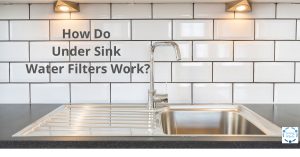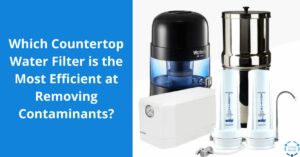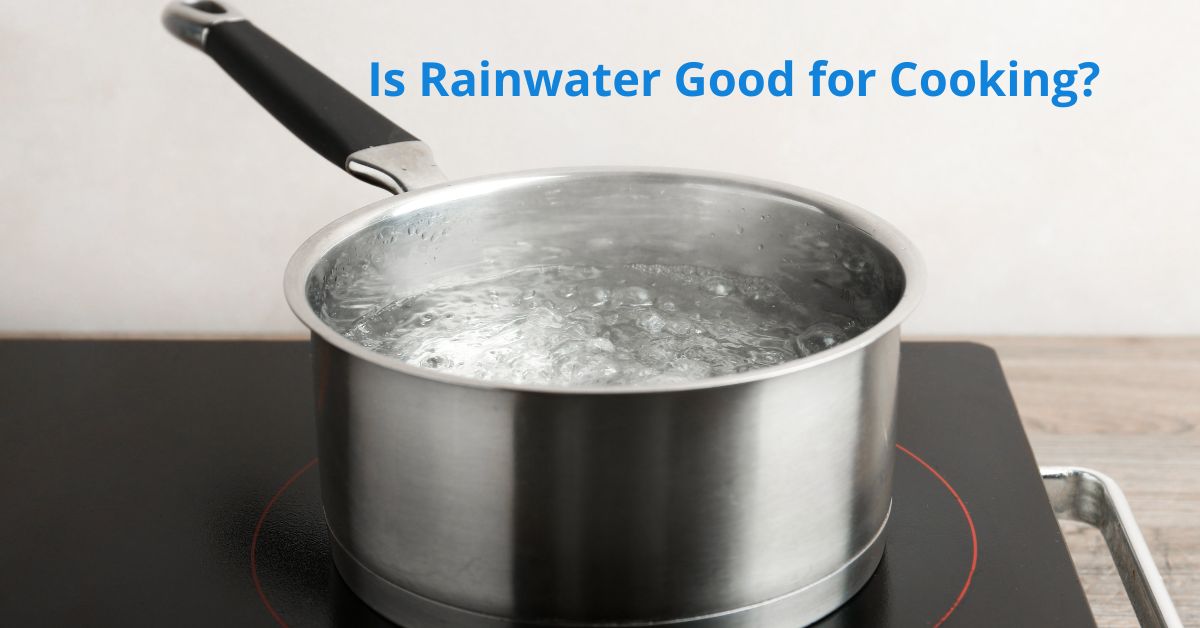
Is Rainwater Good for Cooking?
There’s something incredibly primal and satisfying about watching rain fall. I love the sound on the roof and the fresh, clean smell it brings. It’s easy to see why, for centuries, collecting rainwater was a primary way people sustained themselves. It naturally leads to a whimsical, almost romantic question: if it’s so pure falling from the sky, is rainwater good for cooking? Could it add a special touch to my morning coffee or the pot of pasta I’m boiling for dinner?
As a water filtration expert I’ve been diving deep into the science and my conclusion is a firm, safety-first one: while the idea is beautiful, using untreated rainwater for cooking is not advisable. Here’s why that is, and what you can do if you’re passionate about using harvested water.
The Romantic Notion vs. The Modern Reality
Imagine collecting water straight from the heavens to simmer a soup. It feels wholesome and sustainable. Historically, it was a common practice. However, our atmosphere is very different from what it was even a hundred years ago.
As rainwater falls, it doesn’t travel through a sterile vacuum. On its journey through our atmosphere, it picks up microscopic particles and dissolves gases. This can include pollutants from industrial emissions, vehicle exhaust, and even agricultural dust. Then, it hits your roof, which is arguably the biggest contamination point. Roofs can be home to bird droppings, decaying leaves, insects, and all manner of bacteria and microorganisms that you absolutely do not want to be consuming.
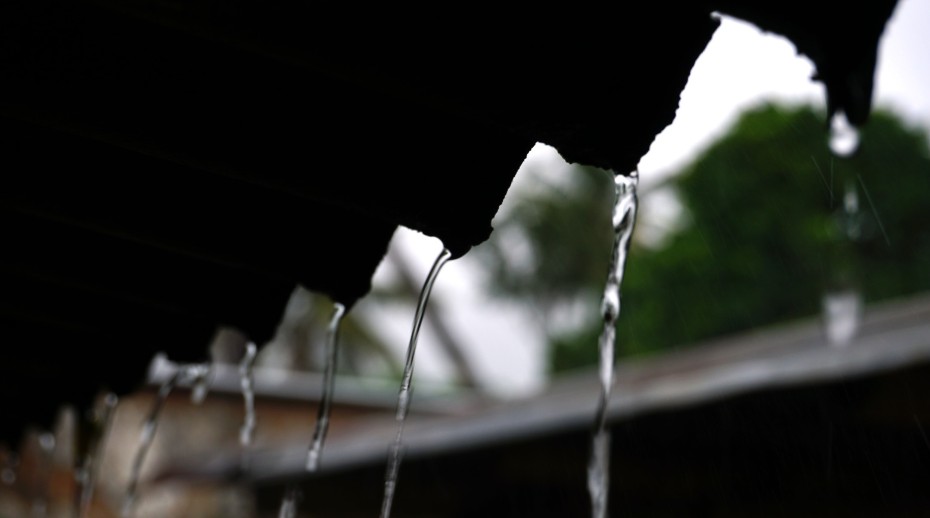
Even if you have a pristine, clean roof and use a first-flush diverter (a device that discards the initial water that washes the roof), the water still needs to be stored. A storage tank, even a covered one, can become a breeding ground for algae, bacteria, and other pathogens if not meticulously maintained.
When we cook, we often assume the boiling process will make everything safe. While boiling is excellent for killing harmful bacteria and parasites, it does not remove chemical contaminants. Heavy metals, chemical residues, or pollutants that have dissolved into the water will remain even after a vigorous, rolling boil. Using this water to cook rice, pasta, or soup means those contaminants are leaching into your food.
Why is it not advisable to drink rainwater?
This same principle is exactly why it is not advisable to drink rainwater without treatment, even if you boil it first. Boiling addresses biological threats, but it is useless against chemical ones. Consuming rainwater directly means you could be ingesting a cocktail of whatever is in your local environment and on your collection surfaces.
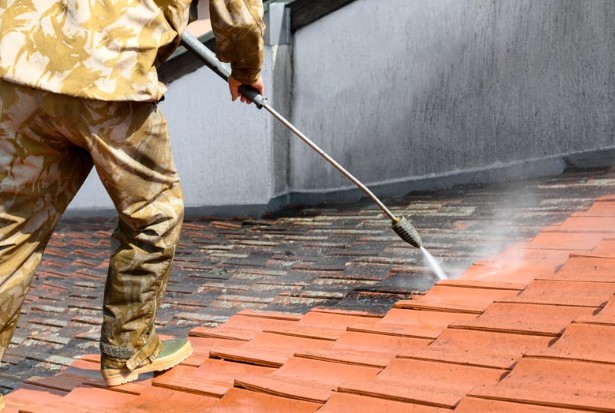
The risks are simply too high. Potential contaminants can include:
– Bacteria and Parasites like E. coli or Giardia, often from animal droppings on the roof.
– Heavy Metals such as lead, which can be present in roofing materials or from atmospheric pollution.
– Chemical Pollutants like pesticides from agricultural areas or polycyclic aromatic hydrocarbons (PAHs) from fossil fuel combustion.
For these reasons, health organisations globally recommend against using untreated rainwater for any form of consumption, including drinking and cooking.
So, How Can I Use Rainwater Safely in My Home?
All is not lost! I am a huge advocate for rainwater harvesting. It’s brilliant for irrigating the garden, washing the car, flushing toilets, and doing laundry. These uses are sustainable and put zero pressure on the municipal supply.
But if you have your heart set on using your harvested rainwater for cooking and drinking, it is possible – you just need to treat it like the serious resource it is. This means implementing a robust water filter. This is where a modern water filtration system becomes your best friend.
You have a few fantastic options to make rainwater truly safe:
1. A Filter Under the Sink: This is a fantastic, out-of-sight solution. These multi-stage systems are installed in your kitchen cabinet and connect directly to a dedicated faucet. A high-quality under sink water purification systems often includes a sediment filter, a carbon block filter, and most importantly, a reverse osmosis (RO) membrane. An RO water filter is incredibly effective at removing virtually all contaminants, including dissolved salts, heavy metals, and most bacteria and viruses. This would make your rainwater safe for consumption.
2. A Bench Top Water Purifier: If you’re renting or don’t want a permanent installation, a best benchtop water filter is a perfect portable alternative. Many of these countertop waterfilter use similar multi-stage filtration or even distillation technology to produce pure, great-tasting water from your collected rainwater. You just pour it in and get safe, clean water out.
I love the sentiment behind using rainwater. It connects us to nature and promotes self-sufficiency. But for the safety of you and your family, it’s crucial to respect the water enough to treat it properly before it goes into your pot or your glass. Use it freely for your plants, but for your cooking, invest in a proper purification system. That way, you can enjoy the fruits of your harvest with complete peace of mind.


